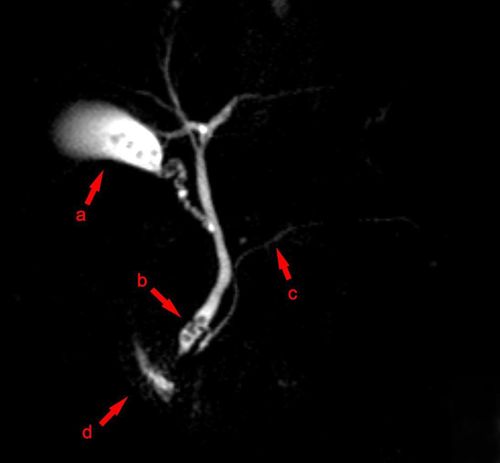This is an automatically translated article.
A new study shows that, when you lie, your brain works harder to tell the truth. This research can open a new direction in the investigation and handling of law violations in the future.
1. Research: When you lie, what changes in your brain?
Dr. Feroze Mohamed (Temple University) and colleagues in radiology have studied lies - honesty and the brain. They found that there are actually regions in the brain dedicated to deception. But under the research of scientists, this is also the only region that tells the truth.
He did a small study on 11 people. Six of them were put in a test room where they fired a pistol with unexploded bullets. The researchers asked the participants about the mock shooting, saying they were spotted in surveillance tapes. Those who directly fired the gun were instructed to lie that they didn't do it. Those who do not directly shoot guns will be told the truth.
During the interrogation, study participants will have their brains scanned using functional magnetic resonance imaging (fMRI).

Khi bạn nói dối sẽ khiến não bộ hoạt động nhiều hơn
2. Research results: Lying makes the brain more active
Research results say: During the process of people lying, brain scans show that 14 different brain regions are activated. When people told the truth, only seven different brain regions were activated.
Thus, lying can make the brain work harder because people have to try to cover up the truth, fabricate the lie, keep their story really honest and logical.
Study participants were also asked to take a lie detector test. The results showed that these tests correctly detected 92 percent of liars but correctly identified only 70 percent of honest and innocent people (some liars have successfully "infiltrated" the group of liars. truth by fooling a lie detector).
So is an fMRI brain scan a better test when you lie? Unfortunately, the answer is still undetermined because Mohamed's study was not based on individual analysis but on group analysis. Researchers will need to collect more data and repeat the experiment on more subjects before they can come to the closest conclusions.
Another problem arises: The above study only focused on big lies. So how about small lies that easily affect the brain? This is possible, but researchers have yet to find an exact answer. They need more research on different types of lying. Some liars may lie better than others. In addition, the brain can react differently to different severity of each lie. Specifically, there's a clear difference between someone shooting a gun and someone stealing candy from the grocery store.
With people who lie a lot, have super skills in deception, you may not be able to tell they are cheating even by looking at their eyes. But according to experts, the brain is the source of all this. If we can study the brain, we can detect whether a person is lying or telling the truth. As Mohamed summarizes the research: You can't fool the brain.
In the future, fMRI (functional magnetic resonance imaging) may be used in court cases. However, that must be based on larger-scale tests to assess real-life situations.
Follow Vinmec International General Hospital website to get more health, nutrition and beauty information to protect the health of yourself and your loved ones in your family.
Please dial HOTLINE for more information or register for an appointment HERE. Download MyVinmec app to make appointments faster and to manage your bookings easily.
References: healthline.com, webmd.com













